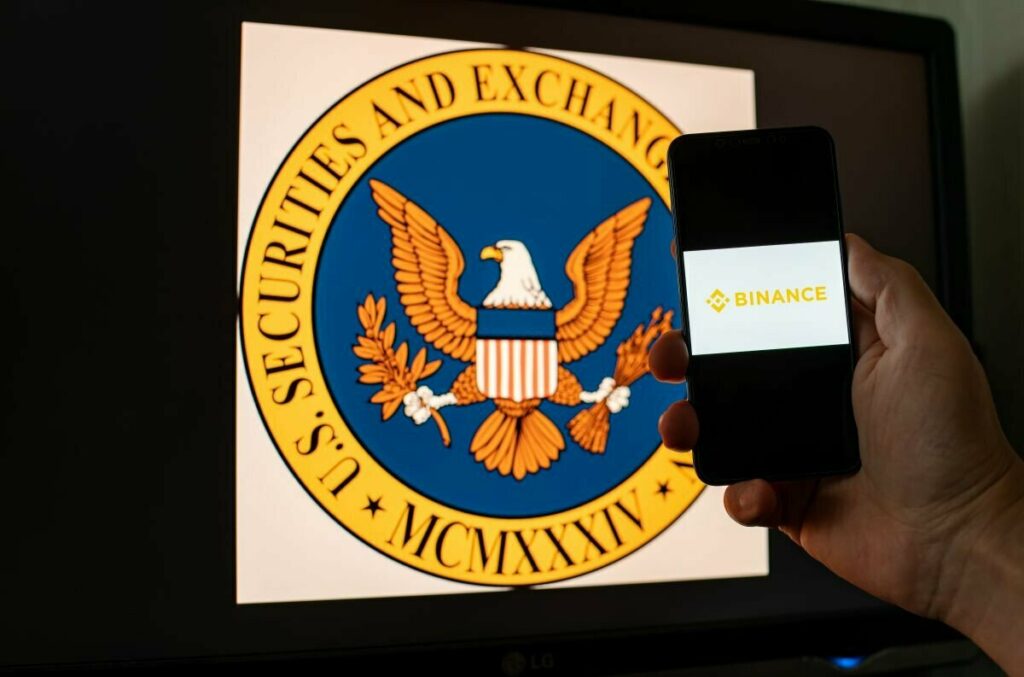Binance.US and the US Securities and Exchange Commission have agreed on a compromise that avoids the freezing of the exchange’s assets.
On Saturday, US Judge Amy Berman Jackson approved an agreement between the two, dismissing a previous temporary restraining order (TRO) that would freeze all Binance.US assets.
Under the agreement, Binance Holdings, BAM Management US, BAM Trading Services, and founder Changpeng “CZ” Zhao will repatriate Binance.US customer assets.
Furthermore, the US arm of Binance is prohibited from spending corporate assets other than to cover the costs of running its business and US customers are permitted to redeem from the platform.
The deal also bans Binance Global from accessing private keys of wallets, hardware wallets, or root access to Binance.US’s Amazon Web Services tools.
“We are pleased to inform you that the Court did not grant the SEC’s request for a TRO and freeze of assets on our platform which was clearly unjustified by both the facts and the law,” Binance.US said on Twitter.
The SEC requested an asset freeze for Binance.US as part of its lawsuit against the company and its founder Changpeng Zhao.
In the complaint, the SEC accused Binance and Zhao of mishandling customer funds, misleading investors and regulators, and breaking securities rules.
The commission also claimed Binance improperly moved billions of dollars of customer funds to a bank account for an entity controlled by Zhao.
Those funds were transferred to a third party and then appeared to be used to purchase and sell crypto, the regulator said.
Binance.US Said Asset Freeze Would Harm US Users
During a Tuesday hearing, Binance.US, which is fighting the SEC’s suit and insists that customer assets are safe, claimed that blocking the flow of all funds would detract from business and ultimately harm customers.
In response to the SEC’s request for an asset freeze, Binance had proposed a compromise to transfer US customer cryptoassets to new wallets with new private keys that would be under the sole control of US-based officers at Binance.US.
As part of its proposal, the exchange also asked for permission to keep paying employees and cover operating costs while pledging that no assets would be transferred or payments made to benefit any Binance entity without a judge’s order.
US District Judge Amy Berman Jackson also said that shutting the platform down “completely would create significant consequences not only for the company but for the digital asset markets in general.”
Meanwhile, John Reed Stark, cybersecurity consultant and former chief of the SEC Office of Internet Enforcement, has claimed that the agreement is “the most burdensome, awkward, inconvenient and far-reaching crypto-related orders in SEC history.”
“Should any Binance defendant violate any provision of this order, US DOJ could step in and file obstruction-related charges,” Stark warned in a recent tweet. “So fail not at your peril, Binance.”


